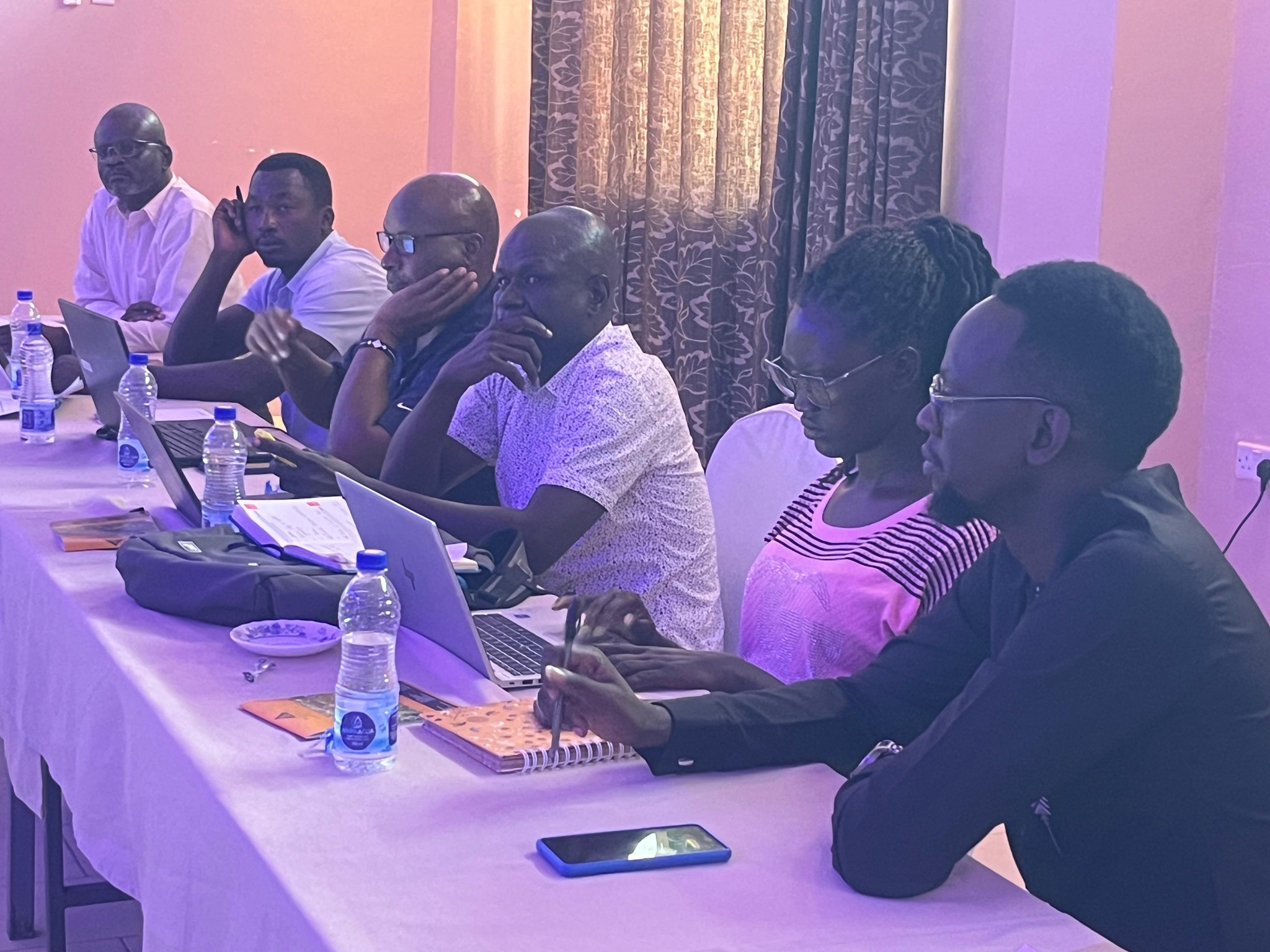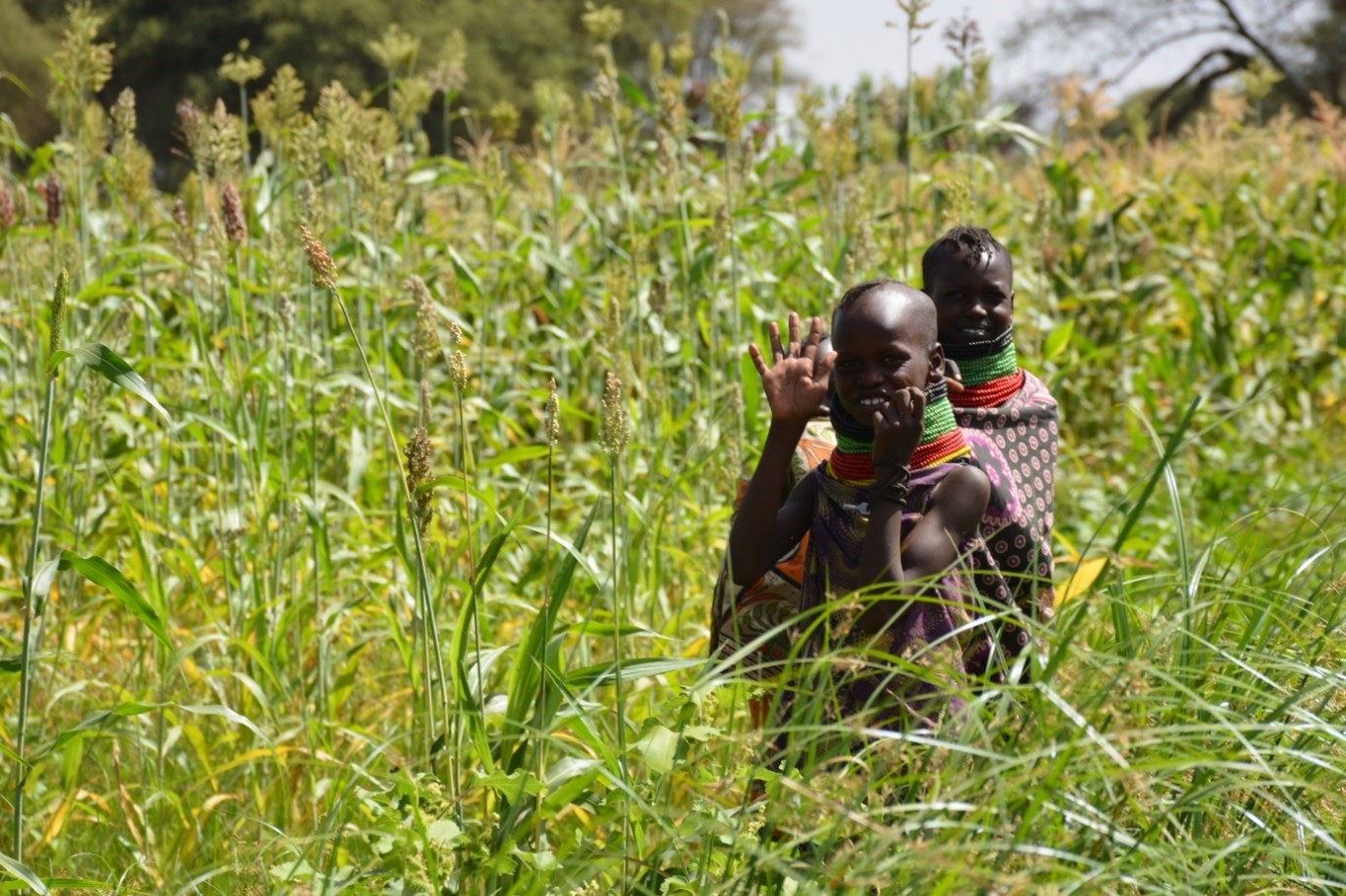The Turkana County Assembly Committee on Agriculture, Livestock Development, and Fisheries has welcomed the Draft Turkana County Agriculture Policy 2025, describing it as a long-overdue framework to tackle chronic food insecurity and unlock the county’s agricultural potential.
Committee Chair William Etubon said the policy, once enacted, would provide structured engagement between the County Government and investors to ensure full utilization of available agricultural land.
He noted that the initiative would gradually shift perceptions of Turkana as a food-deficient region, reducing dependence on supplies from Kitale, West Pokot, and neighboring Uganda.

“Once enacted, the policy will create structured engagement between the County Government and investors, ensuring full utilization of available agricultural land to make Turkana food sufficient,” Etubon stated.
Leader of majority Stephen Edukon added that the policy would attract funding both locally and from development partners, while guiding operations across the agricultural sector.
Lopur Ward MCA Gilbert Topos highlighted provisions for contract farming and leasing as opportunities for farmers to connect directly with buyers.
He emphasized the need for deliberate adoption of climate-smart technologies such as drip irrigation, which he said is more efficient than sprinklers in enhancing productivity.
County Executive for Agriculture, Livestock Development and Fisheries, Dr. Michael Eregae, assured members that the draft policy provides clear guidelines to address food security challenges, promote food safety, and boost production.
However, he pointed out that limited investments and low budget allocations have slowed the rehabilitation of irrigation systems and uptake of modern technologies.
Dr. Eregae appealed to the committee to consider increasing annual budget allocations in line with Governor Jeremiah Lomorukai’s transformative agenda, emphasizing that stronger investment is essential for long-term resilience.
Chief Officer for Agriculture and Land Reclamation, David Maraka, explained that the policy also seeks to build community resilience against drought and climate shocks.
He acknowledged the contributions of MCAs, Seed Savers Network, and other stakeholders who helped shape the draft through extensive public participation forums held in Turkwel, Kakuma, Morulem, and Katilu under the AICCRA program.
The draft policy is expected to provide a comprehensive roadmap for ensuring household food and nutrition security, strengthening resilience, and transforming Turkana into a food-sufficient county.

